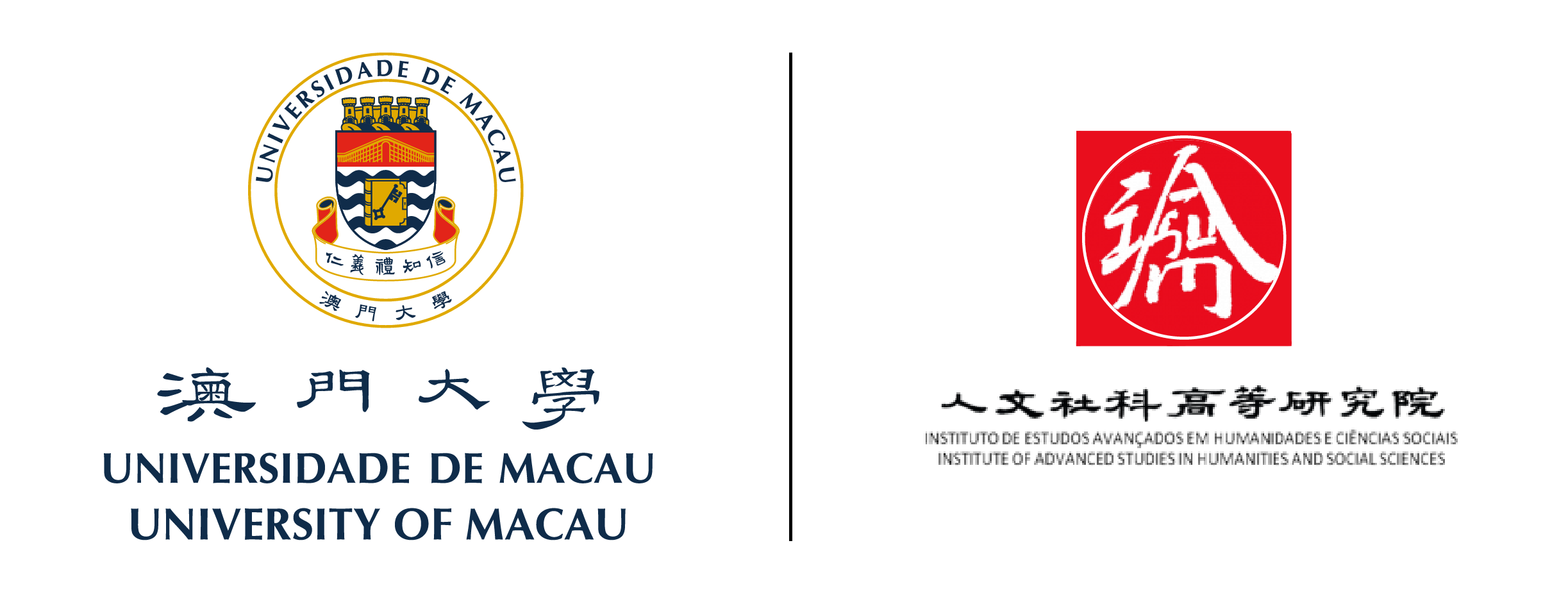In the Guangdong-Hong Kong-Macao Greater Bay Area, two social systems and three legal regimes coexist, bringing forth both advantages for its development and challenges to its construction. In view of its developmental needs against the backdrop of the Greater Bay Area, the Macao Special Administrative Region (SAR) is developing itself into a world centre for tourism and leisure, as well as a service platform for facilitating business and trade cooperation between China and Portuguese-speaking countries. It also hopes to achieve a measured diversification of its economy, and to become a base for exchange and collaboration that emphasises Chinese culture while also embracing multiculturalism. In this regard, theoretical and institutional support from humanities and social sciences of a comprehensive and cross-disciplinary nature will be instrumental to all these efforts. The establishment of the IAS is precisely in response to this historic opportunity presented in the in-depth integration and synergy among the cities of the Greater Bay Area. By leveraging the geographical advantage of the Macao SAR, as well as keeping alive the social tradition of inclusiveness and Chinese-Western mélange, the IAS will be able to provide Macao with the momentum to prosper during its in-depth integration into the development of and full participation in the construction of the Greater Bay Area.
Broadly speaking, the UM has five faculties in humanities and social sciences at present, covering disciplines such as linguistics, history, literature, philosophy and religious studies, law, economics, management, business, education, communications, sociology, psychology, and politics. Among the students, undergraduates account for over 85% and postgraduates account for over 60% of those of the university, while the regular faculty members account for over 65% of those of the university; there are a total of 21 research units at departmental, faculty and university levels. They have made noteworthy achievements in such fields as Chinese history and culture, local history of Macao, Portuguese language education, the constitution and the basic law, tourism and gaming management, development of education in Macao, models of economic development, criminology, psychology, and media studies.
The IAS is committed to building a university-level, cross-faculty research platform to help the UM develop world-class inter-disciplinary research teams in humanities and social sciences, and plans to form a strategic structure that facilitates the sharing of academic resources for synergy. On the one hand, the IAS advances the university’s research on humanities and social sciences, trains young talent, and promotes collaboration between humanities and science and technology (S&T). On the other hand, it also shoulders the responsibility of giving back to Macao society. By serving as a comprehensive local think-tank featuring cross-disciplinary research, and through the theory development and empirical studies for various policies and fields, the IAS aspires to make its due contributions to the long-term sustainable development of Macao, and to help Macao integrate into the development of and participate in the construction of the Greater Bay Area.

